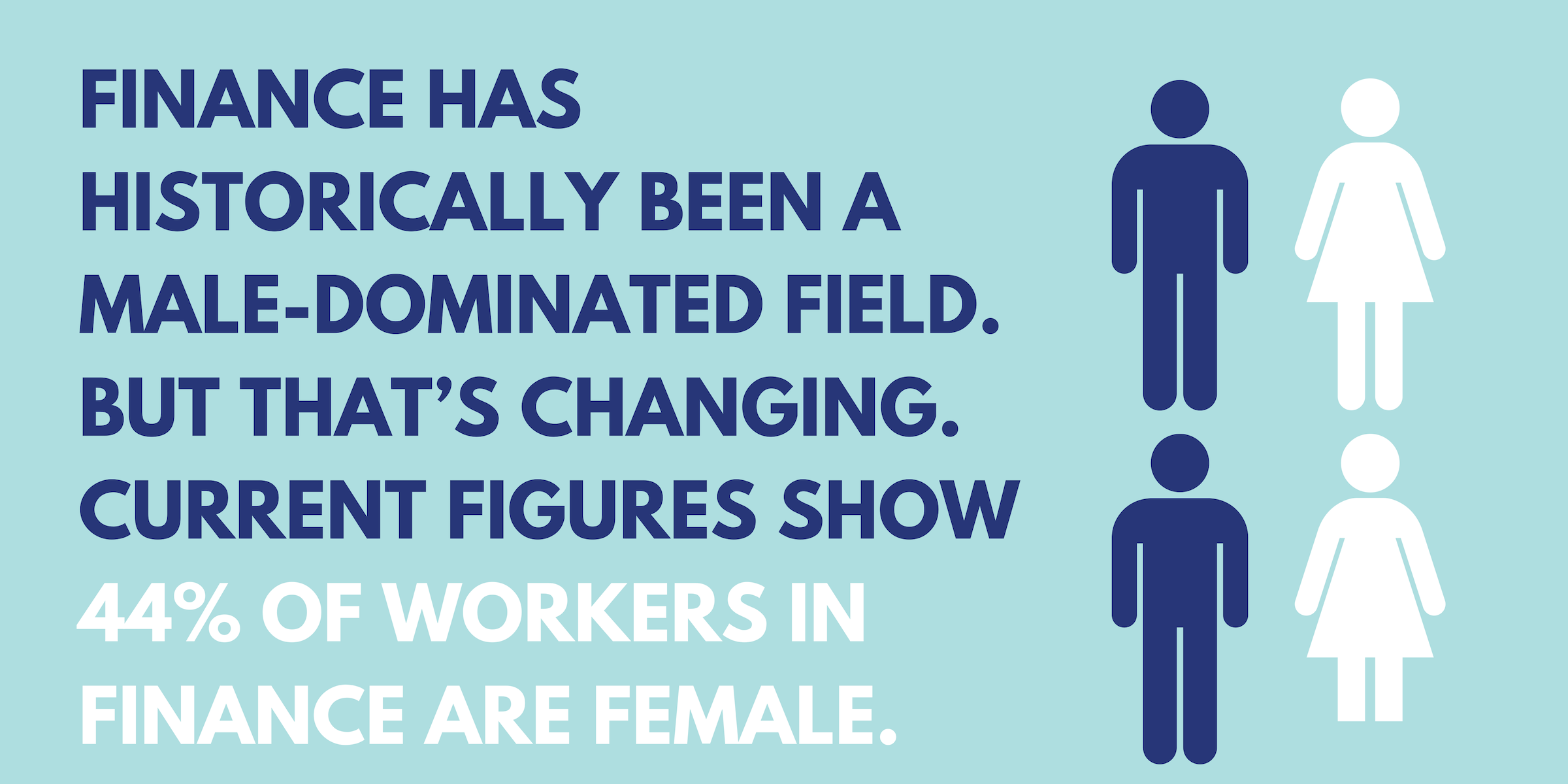And there was the physical environment brought back: the 2. 3 billion trees planted, the billion fish restocked into waterways, the 2,400 plant and tree nurseries established, the countless square miles of soil recovered. Yet the New Offer was a moral transformation also. It remade how we did things in America, leaving usall of uswith new rights and duties. Weour democracywas to be the steward of the land around us. Ethical and material accomplishments aside, speed was an important aspect in the initial New Deal, simply as it will be in a Green New Deal. The initial New Dealerships of the 1930s were acutely aware that they, too, dealt with an existential threatto our democracy, and even to civilization itself - Which of the following can be described as involving direct finance?. Another loan of $7. 4 million was made to the Baltimore Trust Business, the vice-chairman of which was the influential Republican Senator Phillips L. Goldsborough. A loan of $13 million was granted to the Union Guardian Trust Business of Detroit, a director of which was the Secretary of Commerce, Roy D. Chapin. Some $264 million were lent to railroads throughout the 5 months of secrecy. The theory was that railroad securities should be secured, since numerous were held by savings banks and insurance provider, declared representatives of the small financier. Of the $187 countless loans that have actually been traced, $37 million were for the purpose of making enhancements, and $150 million to pay back debts.
75 million grant to the Missouri Pacific to repay its financial obligation to J.P - What is a consumer finance company. Morgan and Company. An overall of $11 million was lent to the Van Sweringen railroads (including the Missouri Pacific) to pay back bank loans. $8 million was lent to the Baltimore and Ohio to repay a debt to Kuhn, Loeb and Business. All in all, $44 million were granted to the railways by the RFC in order to repay bank loans When it comes to the Missouri Pacific, the RFC granted the loan in spite of an unfavorable warning by a minority of the Interstate Commerce Commission, and, as soon as the line had repaid its debt to Morgan, the Missouri Pacific was gently allowed to go into insolvency.
And this is where the misconception of the RFC's success is put to rest. The relocate to openness, naturally, was self-defeating: the general public perception of a firm (in particular, monetary companies) having actually requested and gotten federal government assistance was sufficient to weaken any remaining industrial practicality it may have had. Therefore sometimes the newly-translucent Restoration Finance Corporation in fact caused, instead of stopped, bank runs; and in practically all cases, self-confidence in the loan beneficiary disappeared. (This dynamic, by the way, is what led the Browse around this site crafters of 2008's Troubled Possession Relief Program to basically force particular large banks to get aid whether they were in need.) In addition, Although the rate of bank failures temporarily decreased after the corporation started timeshare lease lending, this was probably a coincidence By early 1933 banks again began failing at a worrying rate, and RFC loans failed to prevent the banking crisis.
In addition to its directors not understanding the result of openness on banks dependent upon public confidence, the practice of taking a bank's greatest properties as security for a loan is at odds with principles of sound banking, and served to essentially compromise much of its debtors. These are the particular mistakes of designated bureaucrats. Furthermore, the RFC's crony commercialism tendences didn't end after that short (however shamelessly enthusiastic) duration in 1932. In the late 1940s, it lent money to Northwest Orient Airlines in what was believed as a favor to Boeing, who had actually supported the Presidential campaign of Harry S. How to finance a franchise with no money.

The Definitive Guide for Accounting Vs Finance Which Is Harder
Worse yet, one of the surviving tendrils of the RFC the Ex-Im Bank is nothing if not a veritable slush fund for business welfare. The author of The New Yorker piece states, "Unless we are prepared to let distressed corporations collapse, which could emphasize the coming slump, we need a method to support them in a sensible and transparent way that reduces the scope for political cronyism." Couple of would disagree with this nobody, I 'd wager, besides the handful of recipients on both sides of such inside dealing. Thankfully, there is an alternate way to prevent corrupt lending practices, and it's greatly more economical, equitable, and tried and true than bilking taxpayers or appointing apparatchiks to distribute taxpayer dollars.

Let companies receive aid from other firms, individually or via consortia; or let them liquidate in a speedy way, unconfined by the shackles that avoid properties, staff members, and knowledge from being obtained by economically stronger, much better handled firms. And in this case, preferential dealing refers personal property and the choices of independent supervisors and directors of companies who are liable to investors and themselves. Taxpayers will emerge untouched. The contention behind the repeated efforts to relaunch the Restoration Financing Corporation including this concept of a Coronavirus Financing Corporation is the same that underpins all policy propositions which timeshare termination tilt toward main planning: that either the current financial circumstance is too intricate for markets to take on, or that rapid action requires the imposition of bureaucrats.
And the latter claim is hardly worth taking seriously. The Reconstruction Financing Corporation was far from the model of a meticulous, qualified and independent government company that it is alleged to be. Federal governments have done adequate damage locking down billions of individuals and crushing commercial enterprise when there have actually been clear options to doing so from the start. Nevertheless well-intended, a Coronavirus Financing Corporation would inevitably follow the very same course as the RFC did. Peter C. Earle is an economic expert and writer who joined AIER in 2018 and prior to that spent over 20 years as a trader and analyst in global financial markets on Wall Street.